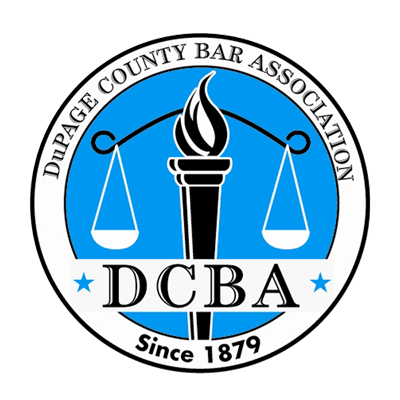
Accidents happen every day. Unfortunately, they are a part of life. But when negligent behavior is the cause of an accident, and someone is hurt as a result, it makes the pain of an injury that much more difficult to endure. Anger, frustration, and grief are common emotions that accompany the aftermath of an accident — particularly when the injury is serious, such as paraplegia.
Paraplegia is a form of paralysis that may result from a motor vehicle accident, another type of accident, or from a medical professional’s failure to provide proper treatment. Paraplegia can have a long-term impact on an individual’s life and livelihood, and the diagnosis can be quite devastating for the injured person and their loved ones. While there are long-term treatment options that may help to reduce the symptoms and complications of paraplegia, these treatments can be expensive.
Personal injury law was intended to protect those who have suffered accident injuries by providing a legal mechanism for them to recover compensation for the losses they sustained in the accident. By filing a personal injury claim in the civil courts, the injured party can hold the at-fault party accountable for their negligent actions and seek to recover financial compensation.
What is Paraplegia?
Paraplegia is a paralysis injury that is most frequently caused by damage to an individual’s thoracic spinal cord. In most cases, the paraplegia affects the lower half of the body, which results in the loss of full use of both legs. Paraplegia may also affect bladder control and sexual function. Paraplegia is considered a “catastrophic injury” — an injury that results in a long-term or permanent disability that significantly impacts an individual’s life and requires intensive medical treatment or long-term care.
Filing a Personal Injury Claim to Recover Compensation for Injuries
When an injured person files a personal injury claim in the Illinois civil court, they are alleging that another person or entity’s negligent behavior caused an accident that resulted in their injury. The injured party — the plaintiff — files the claim to recover compensation for the harm they suffered. The plaintiff must prove that negligence played a role in the accident, and they must substantiate the losses they are seeking to recover, which are known as “compensatory damages.”
Compensatory damages may include medical expenses, the cost of rehabilitative treatment, loss of income, loss of future earning capacity, and future anticipated medical expenses. When an individual sustains a paralysis injury such as paraplegia, they often experience mental anguish, emotional pain and suffering, and the loss of one’s enjoyment in life. These losses are difficult to quantify as — unlike other losses — they do not have an exact monetary value. In these instances, the Illinois courts evaluate all the components of the personal injury claim and then assign a value to these losses that they deem appropriate.
In Illinois, personal injury claims must be filed within two years of the time of the accident, according to the state’s statute of limitations. Claims that are not filed within this legal timeframe may be dismissed outright by the courts, closing the book on the injured party’s ability to recover compensatory damages. So it is important to pay attention to the calendar.
The Cullotta Bravo Law Group
An Illinois Personal Injury Firm With More Than 30 Years Of Experience
Sustaining a catastrophic injury such as paraplegia can be particularly traumatic due to the injury’s long-lasting impact. While no level of compensation can undo the harm that has been inflicted, recovering losses in the form of compensatory damages can lessen the financial burden of long-term care and other expenses related to the paraplegia injury.
At the Cullotta Bravo Law Group, our seasoned personal injury attorneys share more than 30 years of experience, and we aggressively pursue just compensation for our clients. All of our personal injury claims are all handled on a contingent fee basis: if we do not win your case, you don’t owe us a dime. We offer a free consultation; contact our office at 630-898-7800 or visit www.cullottalaw.com for more information.





